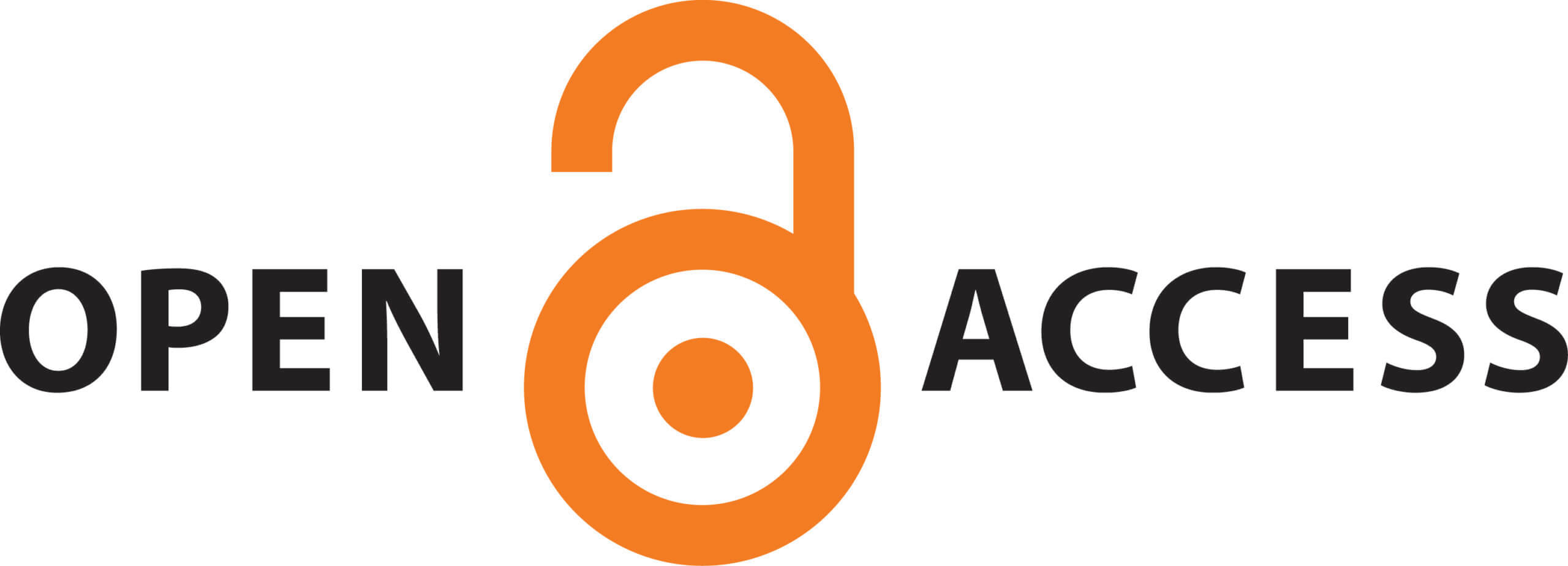Fintech, Financial Inclusion, and Income Inequality
DOI:
https://doi.org/10.24312/ucp-jbp.02.01.362Keywords:
Income Inequality, Financial Inclusion, Fintech, Research and DevelopmentAbstract
The primary objective of this study is to analyze the relationship between fintech, financial inclusion, and income disparity. We used OLS regression on panel data for 2011, 2013, and 2017 from 93 nations. Mobile phones for bill payments served as an indicator of fintech, while account ownership, savings, and borrowing from established financial institutions were used to gauge financial inclusion. The research shows that the use of fintech, the expansion of access to financial services, and the narrowing of the income gap exist. The findings also emphasize the importance of financial inclusion as a primary factor in how fintech helps reduce income inequality. The study also highlights the significance of R&D spending innovation in successfully deploying Fintech and financial inclusion initiatives to reduce income inequality. The findings as a whole point to the importance of increased access to innovative financial services in reducing income disparities. Fintech and financial inclusion are potent instruments for fostering economic parity, since they expand people's access to resources to meet their financial needs.
Downloads
Published
Issue
Section
License
Copyright (c) 2024 UCP Journal of Business Perspectives

This work is licensed under a Creative Commons Attribution-NonCommercial 4.0 International License.







